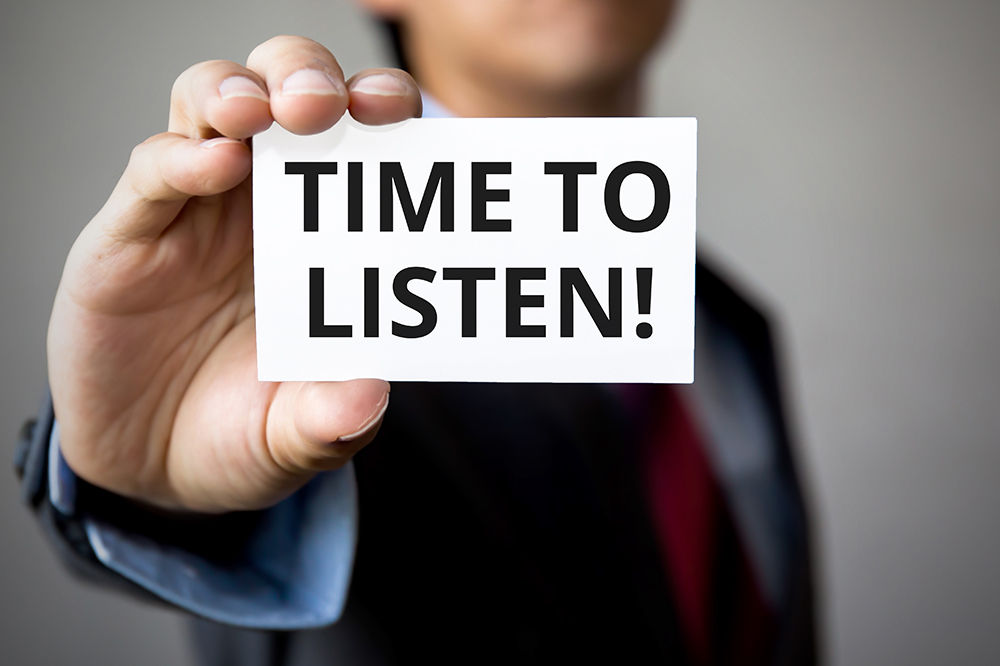Over the past few months, we have seen a lot of destruction, sorrow, negativity, and violence around us. Most of the cities and nations have literally gone out of control and it has become nearly impossible to manage the situations and the people. I am not an expert on this subject, so I am not going to teach you anything, instead, I will share my experience of learnings that I have gathered through reading, listening, and watching. This might help you make sense of all that is happening around you.
Mostly, an unsuccessful discussion leads to a bigger fight, a series of arguments, or a protest (when many people are involved). In our Crucial Conversations course, we help people understand that, quite often, during tough discussions, people show two reactions: either they become silent (shutting down or withdrawing) or become violent (show dominance, or anger). While silence indicates that people are afraid of sharing their views, violence can also be looked upon as an attempt to be heard. This is where, in one of our signature programs, we help people understand these two indications of failing conversations and how to take control of the situation so that the message is being heard and a meaningful conversation takes place.
On the other hand, there can be exceptions too; people do not always exit a discussion on their own, and they are often kept out of a discussion purposefully or systematically. This happens because as human beings, we possess a strong desire of dominating others and thus we end up stopping people by using our authority and power. As a result, this denial pushes people towards a silence of a violent mode.
Together, finding a way out of this global crisis is difficult. However, the key to finding a solution lies in having a series of successful and positive conversations with whomsoever you meet. Let me share a few things that can help you listen properly and positively:
1. Check your own story. Mostly, when we listen to people, either we listen too quickly respond or to really understand what they mean. This happens because our minds are capable to make sense of the facts before us. So, in the first case, when you have already made up your mind, it becomes really tough to understand what is being said to us and overcome your own perceptions, judgments, or narrations. When this perception does not coincide with what is being said to us, we tend to understand it as fake or reject it completely.
To be a good listener, we first need to reject our own stories of the mind and listen carefully, with a fresh mind. Acknowledge your story – as a story only, it will help you have more space for the speaker’s narration, yet you will be able to receive the message clearly.
2. Identify the limitations of your data stream. What we all think, is the by-product of the data stream that has been constructed around us in the form of our social circle, media we consume, neighborhood, co-workers, and everything around us in tangible or intangible forms.
What we like or agree to, we like watching or hearing more of it. And when we want to know more about something (like the truth behind it), we search for it. We all can choose the media to consume and expand our data stream; you can do that by listening to videos outside the flavor of your choice, making new friends and listening to their perspectives, and so on.
3. Listen for truth. Most of the time, when you find people around you only disagreeing with you, it might be the first type of listening, that happens with the single intent of finding flaws in your argument or statements. In this case, you can request them to ‘listen only’ in the first place, and tell them that yes, whatever I say, you might disagree with 99% of it, But, you might also find something useful out of it.
And try this activity when you’re listening to others also. Have a hold on your own story and try to come to a logical and unbiased conclusion. People are complex, we can balance our relations, conversations, and strong moral convictions with empathy and understanding.
We will be heard
We are surrounded by lots of voices and listening alone may not bring back the people who have lost their lives because of the protests, disasters, and violence going around. But change can and will happen. The pool of meaning expands when people are heard properly. It’s time to make things easier by listening, to people who’re still striving to make this world a better place to live.
Best,
Yogesh Sood
This blog is an adaptation of a recent blog written by Emily Gregory on June 10th - https://cruciallearning.com/blog/why-its-time-to-listen/?mkt_tok=eyJpIjoiWXpReU56VXpZelF3TWpWbCIsInQiOiJXMlplYmVvdmNBMU9SWnBRTUM3bGhcL1ZUTlZ4S1JJSlRXV1c1ZFZSRmNnaWZvTGZlc2pZRDJJQTVTNHU1RUdzU1wvb0JPdWFXNlFTQ1RicXVTTVwvZ0JmT21sNHlCalhkbWl1aFF4OHpkU0lSMTNKTzhQYnBnNlFCXC9Sa3JXTTJcL1RqIn0%3D

